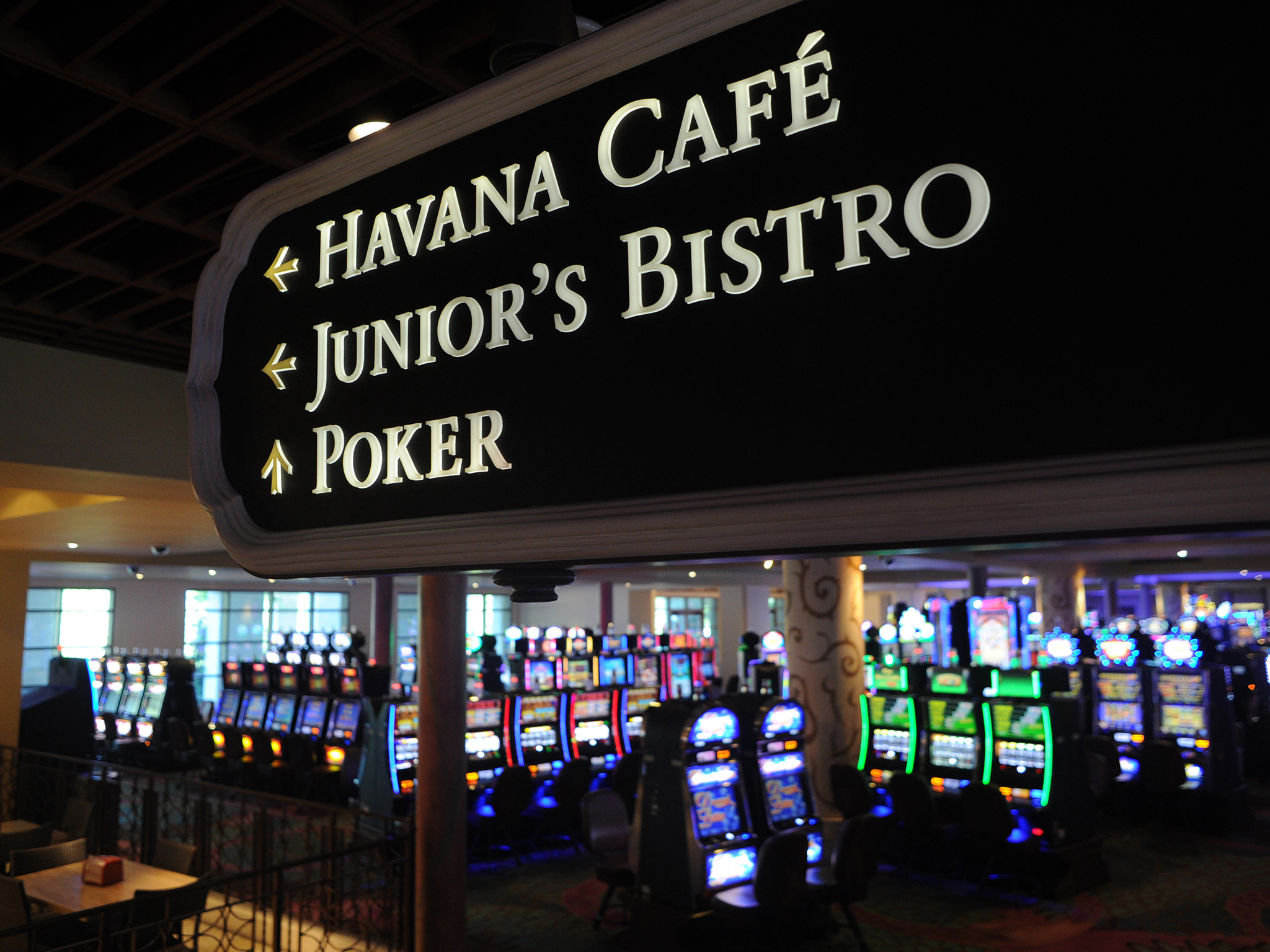
Casino games have long been a fascinating source of amusement, drawing numerous of players from different cultures around the globe. From the lively casinos of Vegas to the bustling gambling halls of the Cotai Strip, these games serve as a common thread that brings together people across a variety of backgrounds. The allure of luck, skill, and uncertainty entices not only those looking to win money but also those looking for a feeling of belonging.
The influence of casino games extends well beyond the gaming floor. They often embody the social norms and beliefs of the communities in which they flourish. Games such as seven-card stud, 21, and roulette have integrated into the fabric of popular culture, influencing everything from movies to style. As we explore this fascinating intersection of luck and culture, we can better understand how gambling games shape and are shaped by the environment surrounding us.
Chronological Development of Gaming Activities
The roots of gaming activities can be tracked back to historical civilizations, where betting in various forms was widely engaged in. In China, around two thousand three hundred years before Christ, a variant of luck game known as Keno was well-known, while in historic Rome, soldiers would frequently wager on the consequences of their contests. The notion of using randomness for fun and income progressed over the centuries, leading to the formation of more formal games. By the late Middle Ages, gambling houses started to surface in the continent, particularly in Italy, which introduced early versions of well-liked games still practiced today.
As betting expanded fame in European regions, the 17th and 18th centuries saw the appearance of gambling establishments as dedicated venues for gambling. Nhà Cái bj88 The first official gaming venue, the Ridotto, was established in the city of Venice in 1638, offering activities like Baccarat and Faro. This time marked a major turning point, as gaming venues began to draw not just the elite but also the burgeoning middle-tier society. The complexity of games grew, leading to the creation of new guidelines and modifications that enriched the play experience.
In the 19th century, the industrial age and transformations in societal conventions additionally changed the environment of gambling games. The arrival of the game of roulette and modern slot machines pulled in a broader clientele, and gambling establishments became seen as acceptable entertainment. This period witnessed the worldwide proliferation of gambling, as gambling houses extended from Europe to the Western Hemisphere, culminating in the establishment of the iconic Las Vegas Boulevard in the twentieth century. The evolution of gambling activities has persisted into the current era, integrating modern technology and online services, allowing them open to a global market.
# Cultural Relevance across Diverse Communities
Gambling games have significant social value in numerous communities throughout the planet. In Las Vegas, the very fabric of the city is woven around gambling establishments, where playing is not just a hobby but a central aspect of entertainment and social interaction. The vivid lights and lively atmosphere attract countless individuals, showcasing how games of chance can influence local economical structures and cultural uniqueness. This environment transforms the notion of leisure into an engaging encounter that influences style, music, and even cinema.
Conversely, some communities treat wagering with more caution, considering it through the lens of ethical beliefs and customs. For instance, in various Asian communities, games like Mahjong and Pai Gow are rich with history and have significant social implications. These games are often played during get-togethers and festivities, fostering collective connections and strengthening kinship ties. The act of playing these games goes above mere leisure, reflecting values such as respect for elders and the importance of communal fun.
Meanwhile, in Western countries such as the principality of Monaco and Rome, casino games serve as symbols of luxury and refinement. The elegant atmosphere of these locations attracts both visitors and locals, maintaining a sense of distinction and exclusivity. The art of poker and the strategic features of games like banker’s game are esteemed, influencing interpersonal interactions and establishing an attraction that fascinates a varied audience. This underscores how casino games can concurrently mirror and influence cultural perspectives towards danger, reward, and social interaction.
Economic Impact and Travel Industry
Casino games play a crucial role in the economic landscape of many areas, particularly those that rely heavily on tourism. The revenue generated from gambling establishments fuels local financial systems, creating jobs not only within the casinos themselves but also in connected industries such as hotel management, restaurant services, and entertainment. This surge of tourists, drawn by the allure of games and the overall casino experience, stimulates expenditure across multiple businesses, contributing to the economic health of the region.
The presence of casinos often leads to the construction of facilities, including lodging, transportation systems, and recreational facilities. These developments are essential in enhancing the overall tourist experience, making locations more attractive to tourists. Additionally, many casinos invest in local communities through sponsorship of events and philanthropic initiatives, further embedding themselves into the social fabric of the region. Such investment not only supports economic growth but also cultivates a positive image of the casino industry.
In addition, the worldwide appeal of casino games drives tourism competition, with regions vying to attract gamblers from around the world. Iconic locations like Las Vegas and Macau have become synonymous with gambling culture, drawing millions each year. This advantage encourages innovation and diversification within the gambling sector, influencing developments in entertainment and hospitality that extend beyond their borders. The ripple effects of this visitor influx extend wide, impacting local financial health and cultural interactions on a worldwide scale.
